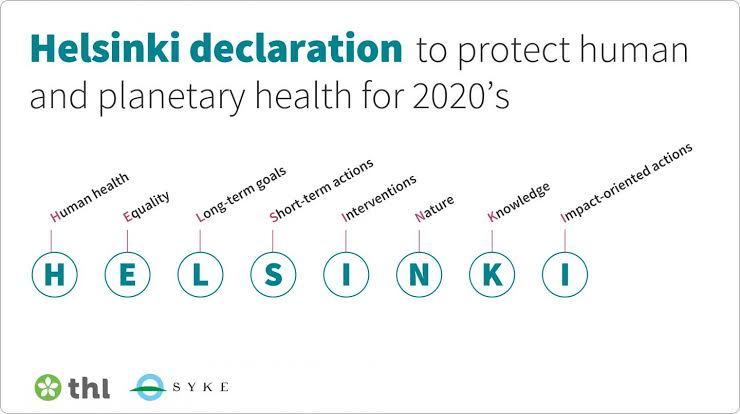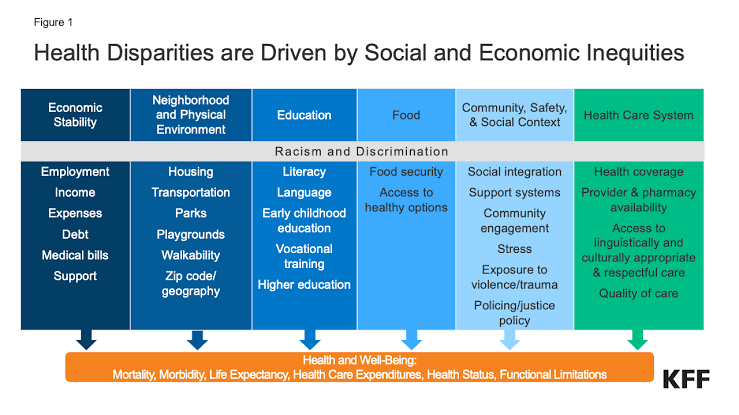Navigating Ethical Paradigms: Pope Francis and the Declaration of Helsinki
Pope Francis sent a message to the International Conference on “The Declaration of Helsinki: Research in Resource-Poor Settings.” He emphasized the importance of freedom and informed consent in clinical research, especially in low-income countries. The Pope acknowledged the evolution of the Declaration of Helsinki since 1964, stressing the transition from ‘research on patients’ to ‘research with patients.’ He highlighted the need to safeguard the central role of the sick person, addressing vulnerabilities and inequalities in clinical research. Pope Francis also called for a perspective of social friendship and universal fraternity to address international injustices and prevent healthcare inequalities.
What is the Declaration of Helsinki?
The Declaration of Helsinki is a set of ethical principles regarding human experimentation developed for the medical community by the World Medical Association (WMA). It was first adopted in 1964 in Helsinki, Finland, and has since undergone several revisions. The Declaration is significant for its focus on research ethics, particularly the protection of human subjects in medical research. It emphasizes informed consent, the necessity of scientific research protocols, the balance between risks and benefits, and the ethical obligation to consider the welfare of research participants. Its guidelines are intended to be followed by physicians and other participants in medical research worldwide. While it doesn’t have legal force, it is highly influential and widely recognized as a cornerstone of ethical guidance in medical research across various countries and territories.

Neorealism in International Relations
Neorealism, as articulated by John Mearsheimer (2020), focuses on the anarchic nature of the international system and the pursuit of power by states within this system- It says that states are the primary actors in international relations and their actions are driven by the need for security and power in an uncertain world. This theory diverges from Classical Realism by emphasizing the structure of the international system rather than human nature. It suggests that the anarchic structure of this system compels states to seek power for survival and security.
Analyzing the Pope’s Message Through Neorealism
Applying this to the Pope’s message, I could argue that the emphasis on global equality in healthcare reflects a challenge in the neorealist framework. While Neorealism focuses on states’ self-interest and power dynamics, the Pope’s call for ethical practices in clinical research and the reduction of healthcare inequalities requires a cooperative, global approach that transcends individual state interests. This presents a dichotomy where the moral imperatives highlighted by the Pope, such as ensuring informed consent and addressing vulnerabilities, are not typically primary concerns in the neorealist paradigm. Instead, these concerns could be seen as secondary to the state’s primary goal of survival and maintaining power.

However, for a state to survive their population also needs to prevail and stay strong. According to Buzan in the Regional Security Complex Theory, state’s actions and security measures have a center-periphery effect. That means that since the inequality in global healthcare presents an internal security threat for individual states, it is a direct threat to the international system.
So from a Neorealist perspective, the Pope’s advocacy for equitable healthcare practices might be viewed as idealistic or challenging to implement in a system where state interests and power dynamics dominate if the state’s don’t realize the magnitude of inequality as a threat.
Predicting Outcomes: A Neorealist Approach with Idealist Undertones
- Improbable (Neorealist View): States prioritize their own power and security, often at the expense of global ethical standards. The impact of the Pope’s statement on the Declaration of Helsinki might be minimal, as countries with significant research capacities might prioritize national interests and strategic advantage over ethical guidelines in medical research.
- Probable (Mixed View): Some countries, particularly those with strong Catholic influence or existing commitments to international ethical standards, might intensify their adherence to the Declaration of Helsinki. This response would be a blend of Idealist aspirations and Neorealist considerations, where states balance ethical concerns with national interests.
- Very Probable (Idealist View): The Pope’s influence and worldwide respect could lead to a renewed global emphasis on ethical standards in medical research. This outcome reflects an Idealist perspective, where moral considerations and global ethical norms are given precedence, potentially leading to greater international cooperation and adherence to the Declaration of Helsinki’s guidelines. While an Idealist prediction, it still fits in Neorealism due to the focus on the current anarchic situation and the acknowledgement of the international system. Institutions have the responsibility to protect their state and the international system if they want to maintain power over their populations.
For more details on the Pope’s message, visit Vatican News.
References:
- Vatican News. (2024, 19 enero). Pope Francis calls for global equality in healthcare. Vatican News. https://www.vaticannews.va/en/pope/news/2024-01/pope-francis-message-conference-helsinki-agreement-peace.html
- International Association for Political Science Students. (2020, 26 octubre). John Mearsheimer explains neorealism [Vídeo]. YouTube. https://www.youtube.com/watch?v=m8WJP7gD3cQ
- Buzan, B., Buzan, B. G., W’ver, O., Waever, O., & Buzan, R. P. O. I. S. C. F. T. S. O. D. B. (2003). Regions and powers: The Structure of International Security. Cambridge University Press.
- WMA – the World Medical Association-WMA Declaration of Helsinki – Ethical principles for medical research involving human subjects. (s. f.). WMA – The World Medical Association-WMA Declaration of Helsinki – Ethical Principles for Medical Research Involving Human Subjects. https://www.wma.net/policies-post/wma-declaration-of-helsinki-ethical-principles-for-medical-research-involving-human-subjects/
- ChatGPT. (n.d.). OpenAI. https://chat.openai.com/#









No responses yet